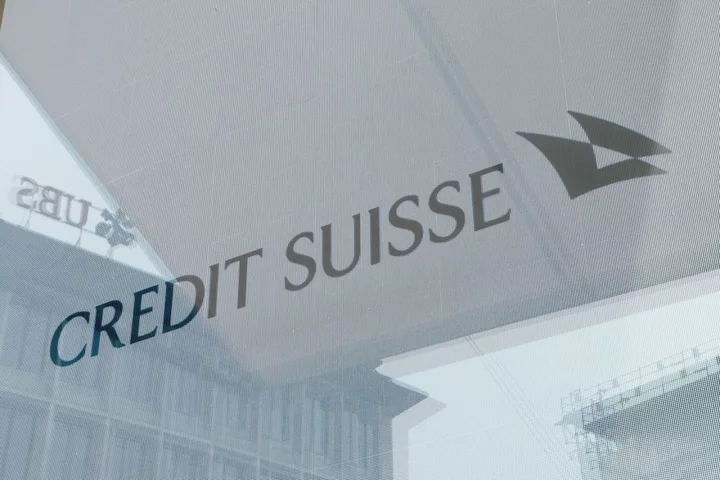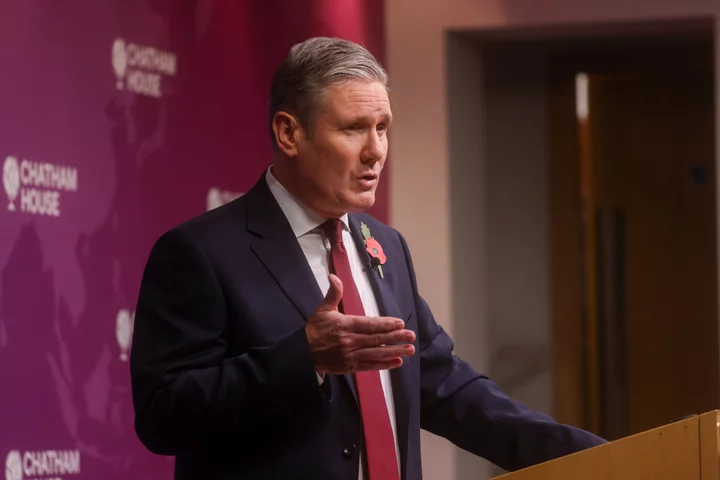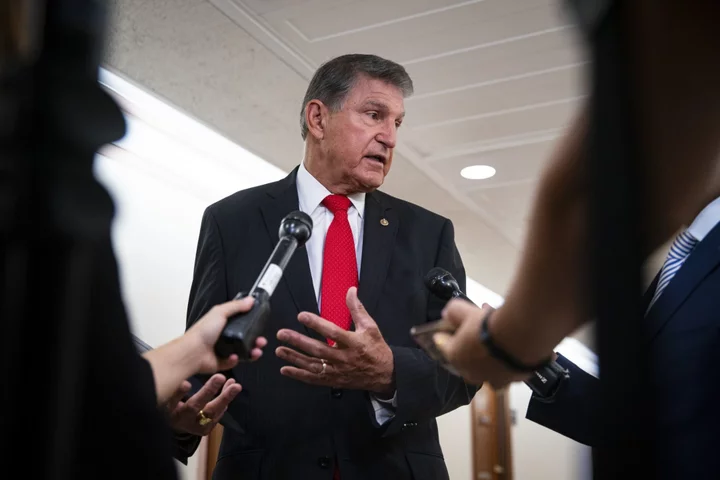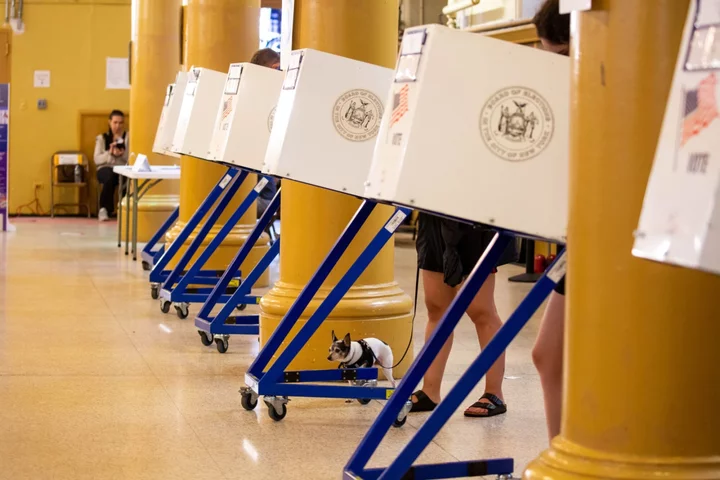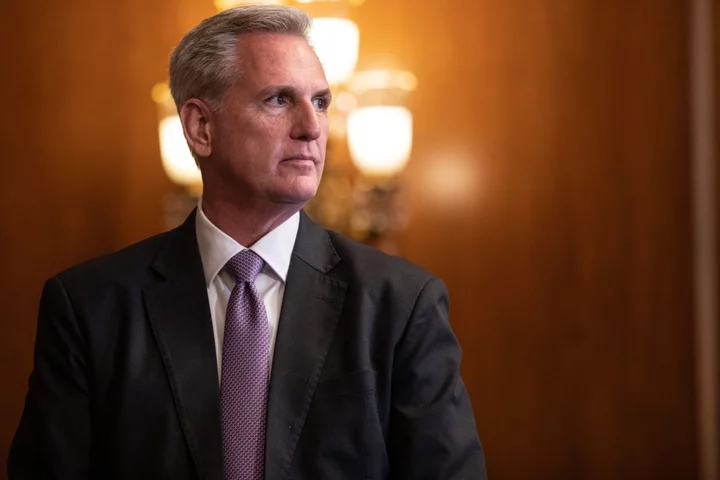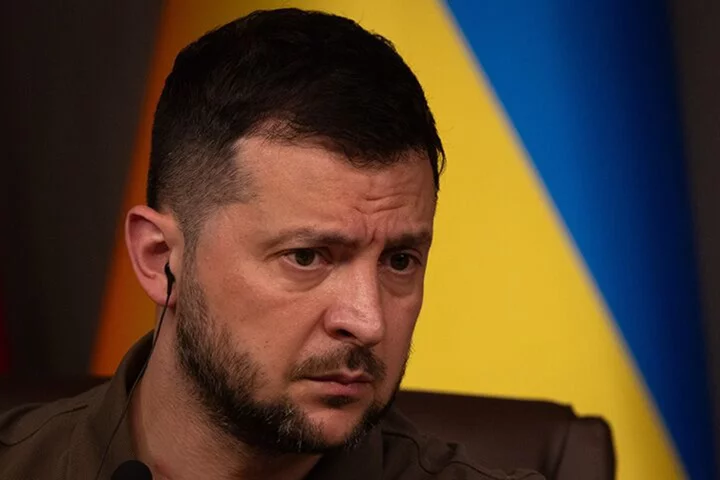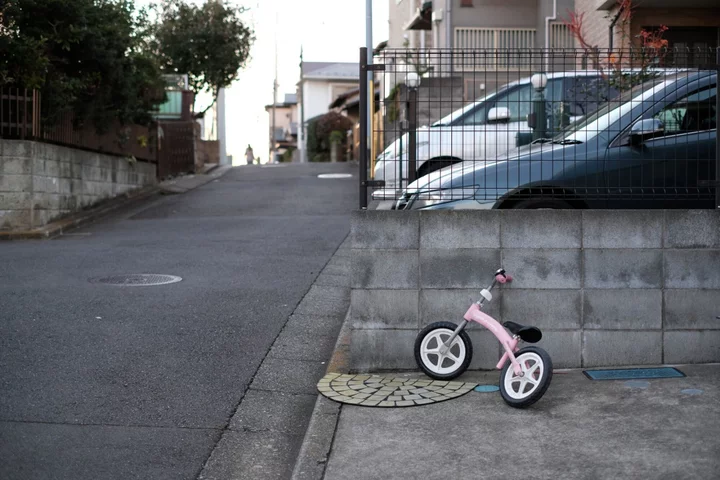UBS Group AG bankers assessing Credit Suisse Group AG’s business have flagged concerns about some portfolios of loans in high-growth Asian countries as the firm decides which assets to tag for a wind-down unit.
The concerns over lending relationships across traditionally high-risk markets including Indonesia, Vietnam, Malaysia and India could lead to the assets being runoff or sold, people with knowledge of the matter said. UBS is zeroing in on past procedures and some loans effectively in distressed status, one person said.
UBS, which stepped in to rescue Credit Suisse after a crisis of confidence, is weighing options to address the issues including selling parts of the Asia credit book to private debt firms or unwinding the loans, some of the people said. No final decision has been made, they said.
The two banks declined to comment through representatives.
UBS is in a race to understand the risk it’s taking on at Credit Suisse after a series of scandals and risk management failures in the years running up to the smaller firm’s collapse. That included its backing for Luckin Coffee founder Lu Zhengyao, praised by former Chief Executive Officer Tidjane Thiam as a “poster child” for his strategy of doing more business with wealthy Asian entrepreneurs. The bank lent Lu millions of dollars, only to be left staring at steep losses, along with other lenders, when the stock imploded in an accounting fraud.
UBS has already indicated that it’s seeking to cut back some of Credit Suisse’s riskier operations at the investment bank and will screen bankers to make sure they fit with the firm’s values and risk approach. Chief Executive Officer Sergio Ermotti also signaled recently that there may be cases where UBS has a “different view” on some Credit Suisse wealth clients and may not take them on.
UBS is known for having a more conservative lending profile than its erstwhile rival, though has pushed to lend more in recent years under wealth head Iqbal Khan. In a business where banks typically give lombard loans and credit against diversified investment portfolios, Credit Suisse occasionally accepted single stocks and hard to value collateral such as yachts and aircraft as security.
After the March rescue, UBS sent a so-called “clean team” of about 100 people to Credit Suisse to assess client rosters and talent, as well as to determine business lines which should be earmarked for the wind-down unit, people with knowledge of the matter said earlier.
UBS this week appointed Ulrich Koerner to its top management body, giving the chief executive officer of Credit Suisse a key role in overseeing the complex combination of the two firms. UBS is aiming to complete the deal as soon as this month, with the urgency heightened by the smaller rival’s warning the limbo state has caused a spike in employee turnover.
Credit Suisse’s aggressive decade long push into South East Asia, where it also lent to billionaire families including Indonesia’s Bakrie family, helped make it the go-to foreign bank for many wealthy business families in the region. The Bakrie empire includes interests from property development to mining. Vietnam’s Vingroup JSC, another Credit Suisse client, oversees assets across real estate, technology and retail industries.
The region was highlighted by Thiam as a key growth driver when he was appointed to the role in 2015. It was carved out from Europe, giving local managers more clout over lending and capital, before seeing its stature diminished under a restructuring undertaken by Thiam’s successor Thomas Gottstein.
--With assistance from Chanyaporn Chanjaroen.
(Updates with UBS’s management reshuffle in the ninth paragraph.)

